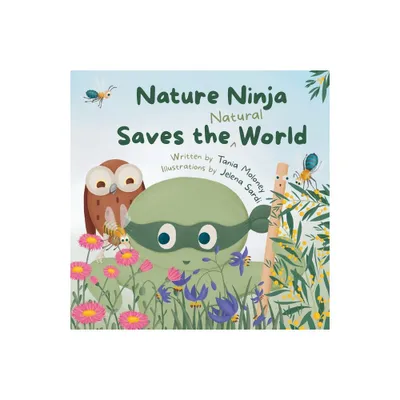Home
The Unequal Hours: Moments of Being in the Natural World
Loading Inventory...
Barnes and Noble
The Unequal Hours: Moments of Being in the Natural World
Current price: $28.95


Barnes and Noble
The Unequal Hours: Moments of Being in the Natural World
Current price: $28.95
Loading Inventory...
Size: OS
*Product Information may vary - to confirm product availability, pricing, and additional information please contact Barnes and Noble
After spending most of her life in the city, Linda Underhill moved to rural Allegany County, New York, in 1989 and observed a successful citizens' protest against a low-level nuclear waste dump near her home. Having always thought the environmental movement applied mainly to the wilderness, Underhill began writing to voice the essence of what her neighbors were trying to preserve in their own backyards.
Her essays describe elements of the natural world: wind, water, ice, fire, trees. The title essay concerns the "unequal hours" of the changing seasons, while other essays explore a nature preserve, a garden, backyard wildlife, and a hot air balloon ride. Deliberately choosing settings close to home, she shows that one does not have to go on a wilderness voyage to appreciate the natural world.
The Unequal Hours
brings to our attention the sudden, intense experiences of reality that Virginia Woolf called "moments of being" by using the events of everyday life as a way to explore what the natural world means to ordinary people. Like the sudden moments of illumination in haiku, the "moments of being" Underhill describes are rooted in the ordinary, but they reveal the extraordinary.
Her essays describe elements of the natural world: wind, water, ice, fire, trees. The title essay concerns the "unequal hours" of the changing seasons, while other essays explore a nature preserve, a garden, backyard wildlife, and a hot air balloon ride. Deliberately choosing settings close to home, she shows that one does not have to go on a wilderness voyage to appreciate the natural world.
The Unequal Hours
brings to our attention the sudden, intense experiences of reality that Virginia Woolf called "moments of being" by using the events of everyday life as a way to explore what the natural world means to ordinary people. Like the sudden moments of illumination in haiku, the "moments of being" Underhill describes are rooted in the ordinary, but they reveal the extraordinary.


















